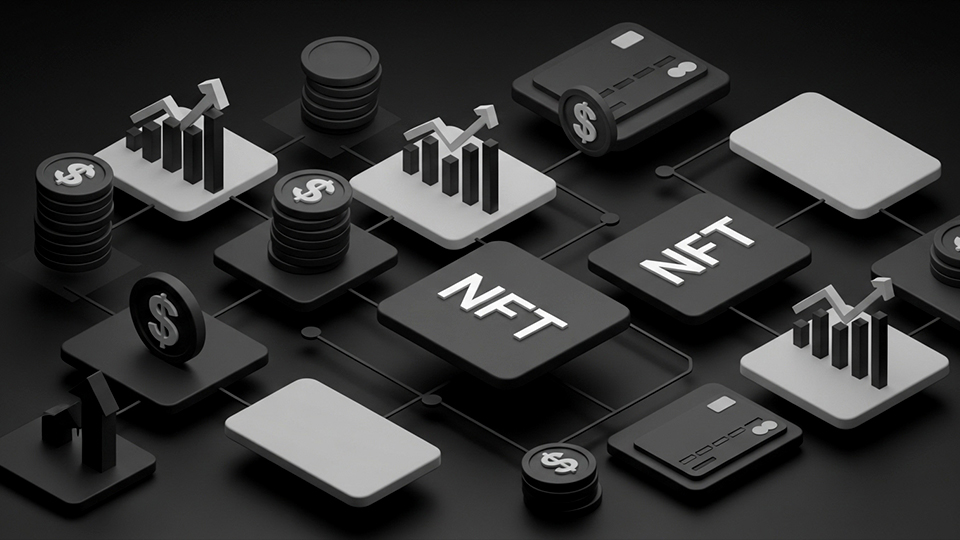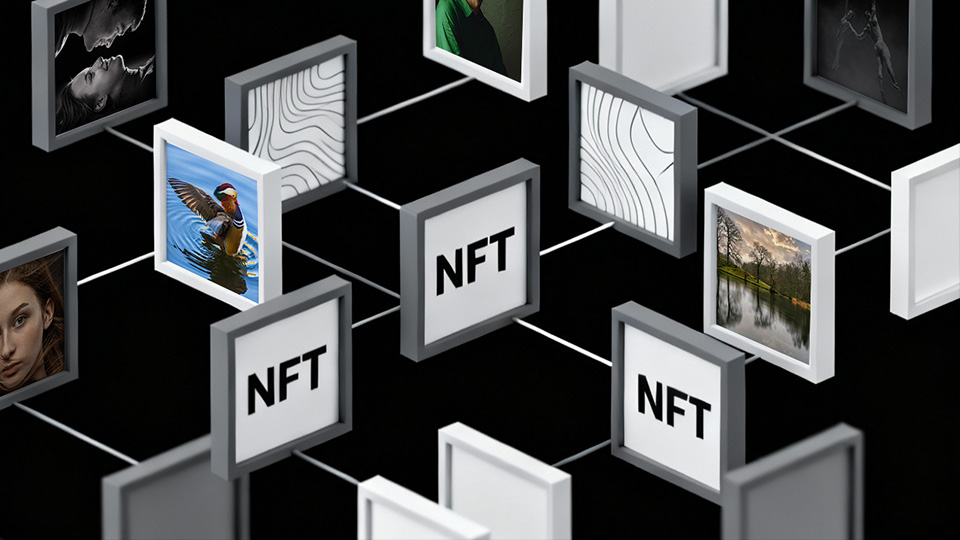Corporate Titans Adopt The Digital Revolution
In today’s world, the digital revolution is not merely an option; it’s a necessity. Recognizing this, corporate titans across industries are diving headfirst into the digital domain, revolutionizing the way they operate, connect with customers, and stay ahead of the competition.
One prominent example of this embrace of digital transformation is seen in the retail sector. Traditional brick-and-mortar retailers like Walmart and Target have aggressively expanded their online presence, offering ideal e-commerce platforms and investing in innovative technologies like AI-powered personalization to enhance the customer experience. Through these efforts, they’re not only meeting the evolving needs of consumers but also staying relevant in an increasingly digital marketplace.

Another sector witnessing a profound digital shift is finance. Banking giants such as JPMorgan Chase and Goldman Sachs have heavily invested in fintech solutions to streamline operations, improve security, and deliver enhanced financial services to customers. From mobile banking apps to blockchain technology for secure transactions, these corporate titans are leveraging digital innovations to reshape the financial arena.
The automotive industry is yet another arena where the digital revolution is making waves. Companies like Tesla have revolutionized the concept of transportation by integrating advanced technologies such as electric propulsion, autonomous driving, and over-the-air software updates into their vehicles. By embracing these digital advancements, automotive giants are not only transforming the way people commute but also paving the way for a more sustainable and efficient future.

The entertainment industry has undergone a significant digital transformation, with media conglomerates like Disney and Netflix leading the charge. These companies have capitalized on the shift towards digital streaming services, investing billions in original content creation and leveraging data analytics to personalize recommendations for users. As a result, they’ve disrupted traditional broadcasting models and captured the attention of audiences worldwide.



